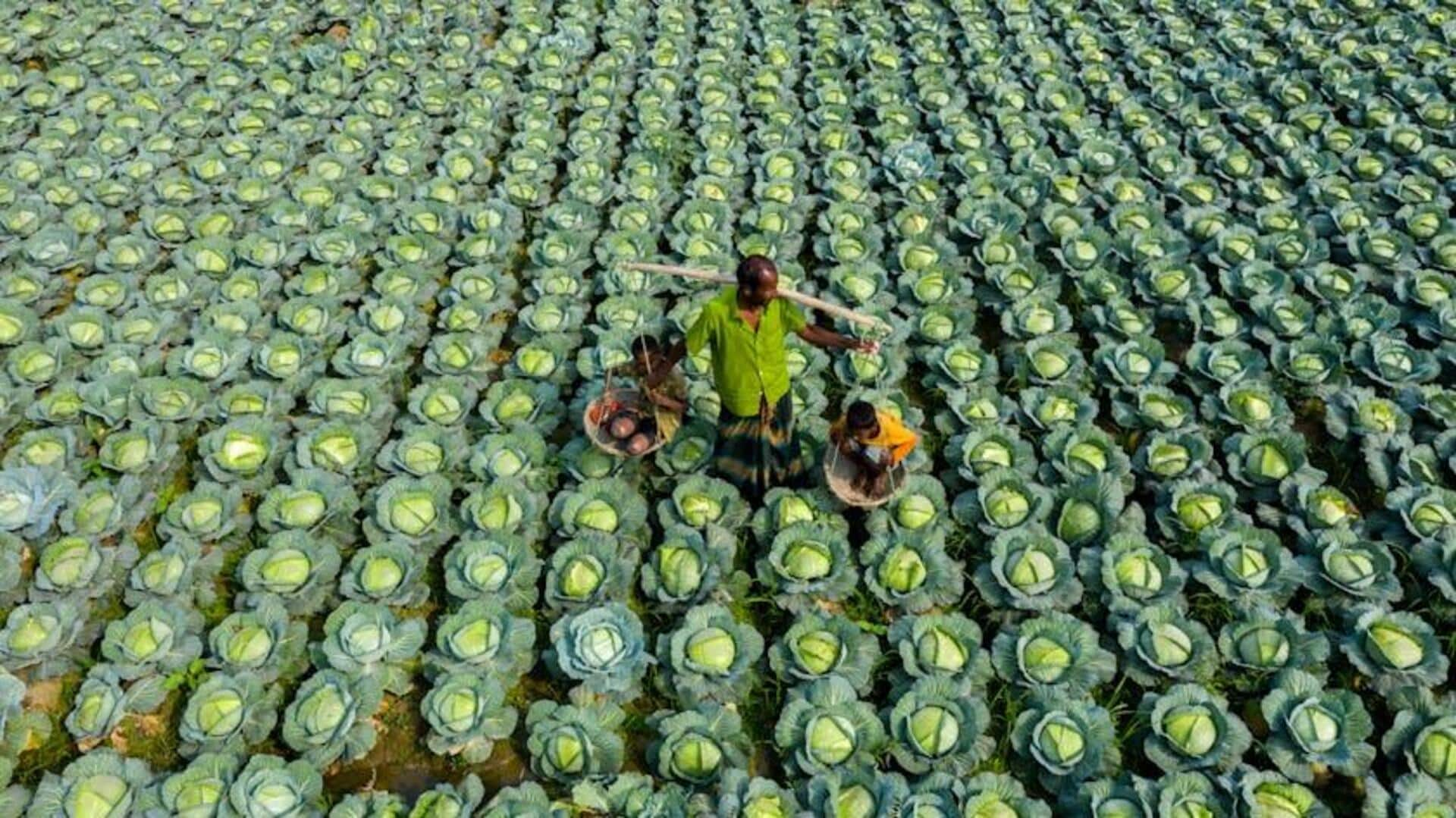
Vegetable farming 101: What every beginner should know
What's the story
Embarking on a vegetable farming adventure in Africa presents a unique opportunity to explore the continent's bountiful agricultural potential.
With its diverse climates and fertile soils, Africa provides a perfect setting for cultivating an array of vegetables.
However, success in this endeavor calls for strategic planning and informed decision-making.
Here are practical insights to help you overcome challenges and reap the rewards of vegetable farming in Africa.
Climate insight
Understanding local climate conditions
Understanding the local climate is key to successful vegetable farming.
Different regions in Africa experience different weather patterns, which can drastically affect crop growth.
Get acquainted with seasonal changes, rainfall patterns, and temperature variations to choose suitable crops that thrive under specific conditions.
This knowledge helps optimize planting schedules and irrigation practices, ensuring healthy crop yields.
Crop selection
Selecting suitable crops
Choosing the right crops is critical to maximizing productivity and profit.
Consider factors like market demand, soil type, and climate suitability when choosing vegetables to grow.
Indigenous vegetables often adapt easily to local conditions and may require fewer inputs compared to exotic ones.
Market research can also give you insights into consumer preferences, helping you make informed decisions about what to grow.
Irrigation strategy
Implementing efficient irrigation systems
As rainfall varies from one region to another, efficient water management is crucial to successful vegetable farming in Africa.
Using effective irrigation systems, such as drip or sprinkler irrigation, can help conserve water while keeping crops consistently moist.
Investing in rainwater harvesting methods can also help supplement water supply during dry spells, reducing reliance on erratic rainfall.
Soil care
Soil health management practices
Maintaining soil health is key to sustainable vegetable production.
Regularly test soil quality to determine nutrient deficiencies or imbalances that could hamper plant growth adversely over time if left unaddressed.
Properly address these through appropriate fertilization methods tailored specifically towards improving overall fertility levels within your farm's ecosystem.
Do this naturally without relying heavily upon synthetic inputs alone. Whenever possible, opt for more organic alternatives where feasible.